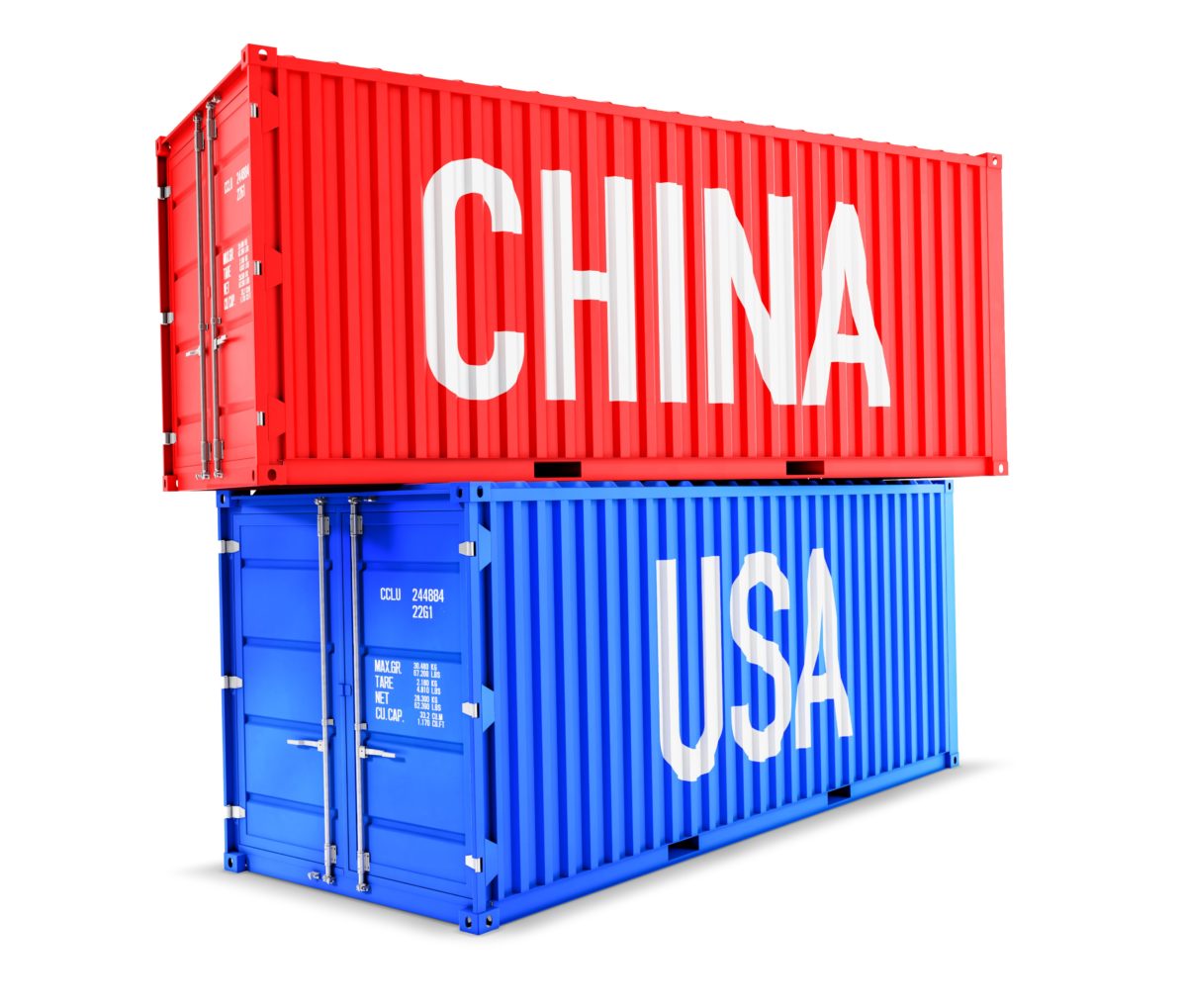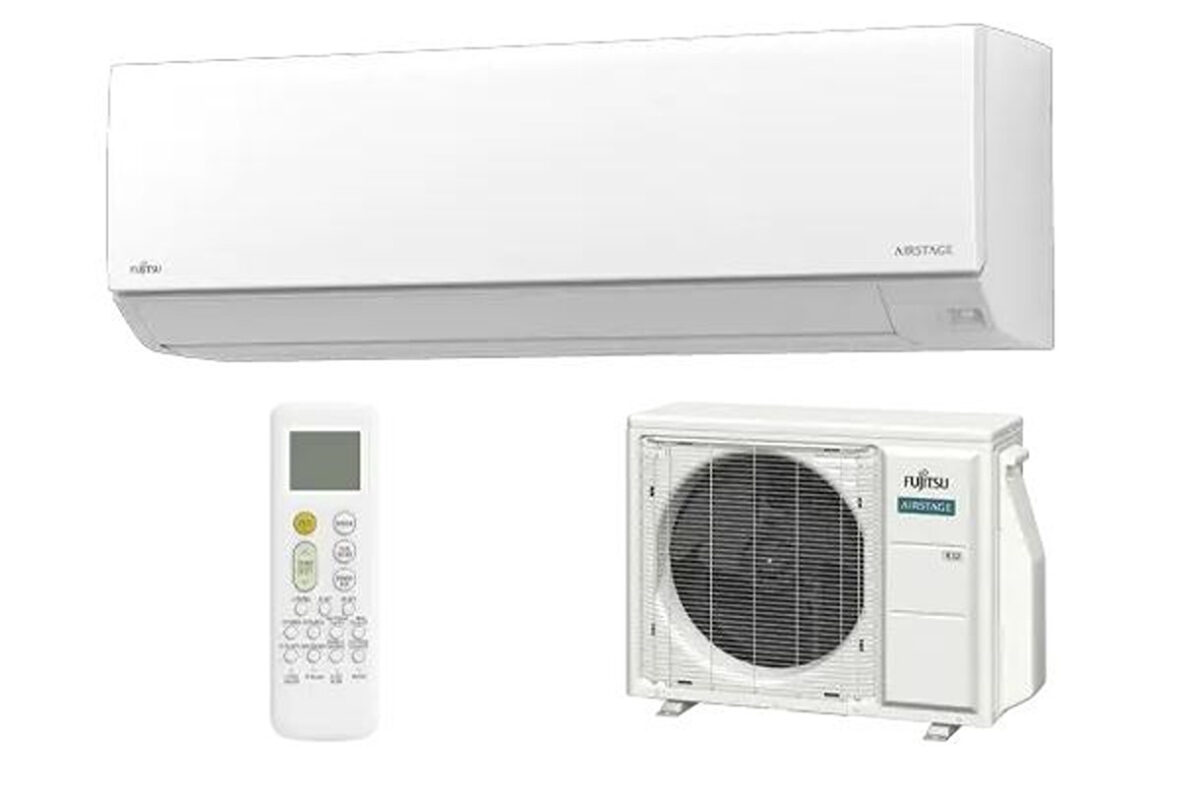On August 15, China’s Ministry of Commerce said it would file a WTO complaint in response to the Section 201 safeguard tariffs imposed on crystalline silicon solar cell and module imports into the United States announced on January 23. At the time, however, no filing could be found on the WTO website.
The document, circulated to the Dispute Settlement Body, is now available, dated August 16. In it, the Chinese government requests consultations with the United States over Articles 1 and 4 of the Understanding on Rules and Procedures Governing the Settlement of Disputes, Article 22 of the General Agreement on Tariffs and Trade 1994 (“GATT 1994”), and Article 14 of the Agreement on Safeguards.
The Chinese questions argue, among other things: The “U.S. failed to make a proper determination, including a reasoned and adequate explanation, that the subject imports increased ‘in such quantities and under such conditions’ to cause serious injury to the domestic industry”; the safeguard measures are “not supported by a reasoned and adequate explanation of how the imports 'caused or threatened to cause' serious injury to the domestic industry”; and the U.S. “did not provide the interested parties with sufficient opportunities to participate in the investigation”.
The complaints add: “China is concerned that the safeguard measure on imports of crystalline silicon photovoltaic products appears to nullify or impair the benefits accruing to China directly or indirectly under the above agreements.”
In a separate filing, dated August 23, China has requested consultation with the United States over the 25% Section 301 tariffs announced on August 7. They affect 279 product lines from China worth around $16 billion, including solar cells and modules.
China specifically requests consultations on Article 4 of the Understanding on Rules and Procedures Governing the Settlement of Disputes (DSU) and Article 23 of the General Agreement on Tariffs and Trade 1994.
The complaint states: “In addition, and as a consequence of the foregoing, the measures at issue appear to nullify or impair benefits accruing to China directly or indirectly under the cited agreements.”
Trade tariffs
Further to the two sets of tariffs cited above, the Trump administration is also mulling the application of 10% tariffs on inverters, AC modules and non-lithium batteries. These could potentially rise to 25%. A hearing was scheduled for August 20-23, although no word has yet been heard on the outcome.
While the safeguard duties make importing solar from China, and other affected locations, impractical, they are unlikely to have a significant impact on trade flows or on the U.S. market, with manufacturers outsourcing operations overseas.
MIP imports
In Europe, at least, it looks likely Chinese manufacturers will get some relief, after it was announced on Friday the end of Minimum Import Prices (MIPs) is in sight.
At a meeting in Brussels, the majority of EU member states decided not to reapply anti-dumping and anti-subsidy measures for crystalline solar PV modules and cells. As such, the MIP undertaking is expected to end on September 3.
In July, Taiwan-based TrendForce said that if the MIP does expire, Vietnamese and Thai suppliers will fill the gap left in the Indian market by Chinese exporters, who will again concentrate on the EU market.
Under that scenario competition would be intensified, said TrendForce, driving down module prices and potentially stimulating the growth of non-subsidy PV projects.
“Taiwanese and Malaysian suppliers,” meanwhile, “will face competition from Chinese counterparts in Europe, and from third-party suppliers in India,” predicted the report.
Lobby group SolarPower Europe has previously referred to studies indicating demand could increase by up to 30%, creating around 45,000 jobs if the measures were removed.
This content is protected by copyright and may not be reused. If you want to cooperate with us and would like to reuse some of our content, please contact: editors@pv-magazine.com.




By submitting this form you agree to pv magazine using your data for the purposes of publishing your comment.
Your personal data will only be disclosed or otherwise transmitted to third parties for the purposes of spam filtering or if this is necessary for technical maintenance of the website. Any other transfer to third parties will not take place unless this is justified on the basis of applicable data protection regulations or if pv magazine is legally obliged to do so.
You may revoke this consent at any time with effect for the future, in which case your personal data will be deleted immediately. Otherwise, your data will be deleted if pv magazine has processed your request or the purpose of data storage is fulfilled.
Further information on data privacy can be found in our Data Protection Policy.